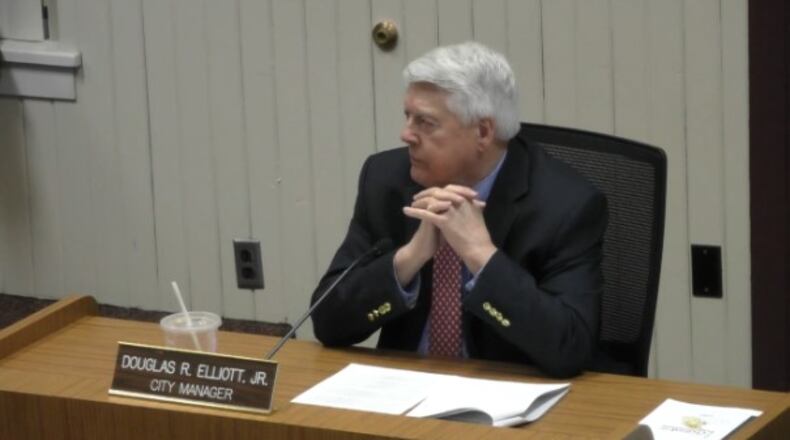Oxford’s share of the national opioid settlement falls under the OneOhio Recovery Foundation agreement the city previously made. The private, non-profit organization was created in 2020 to help Ohio communities organize opioid settlements from the pharmaceutical industry which they say will help address the “consequence of its role in the national opioid epidemic.”
Under the agreement, 30% of compensation goes to local governments, 55% to a foundation distributing funds to projects, and the final 15% goes to the Office of the Ohio Attorney.
The state of Ohio is expected to receive over $808 million in total. Butler County is expected to receive $150,000.
Elliott said the money, which has been placed in its own separate account, must be used to prevent, treat and support recovery from addiction. While Oxford hasn’t drawn up a plan on how to use the money yet, current discussions revolve around offsetting the cost of the recently hired social service liaison within the police department.
“So we’ve not made a recommendation at this time to City Council for the use of this money, since it’s not a large amount right now,” Elliott said.
During the meeting, Councilor Chantel Raghu asked Elliott how OneOhio determines which communities are most affected and is granted more money.
Elliott said there’s a specific formula that is utilized by the foundation.
“Obviously, there’s not a community in Ohio that hasn’t been touched by it,” Elliott said.
Eliott also said he believed that Oxford Twp. is getting “as much if not more than we’re receiving,” which he said questioned how the money is being distributed. Although options are limited, as Eliott stated “I don’t think it would be cost-effective for us to go in and have our own attorney addressing these issues.”
Early on in OneOhio’s process, Elliott said Oxford received information indicating that they would “probably receive over $100,000.” Currently, however, Elliott said, “I don’t think that’s going to happen anytime soon if indeed it does happen at all.”
About the Author
